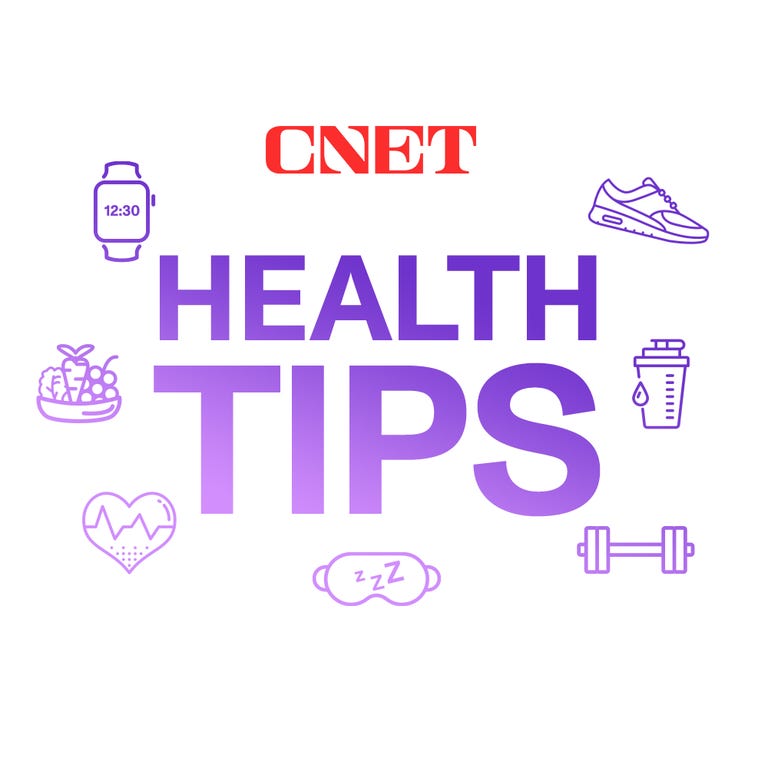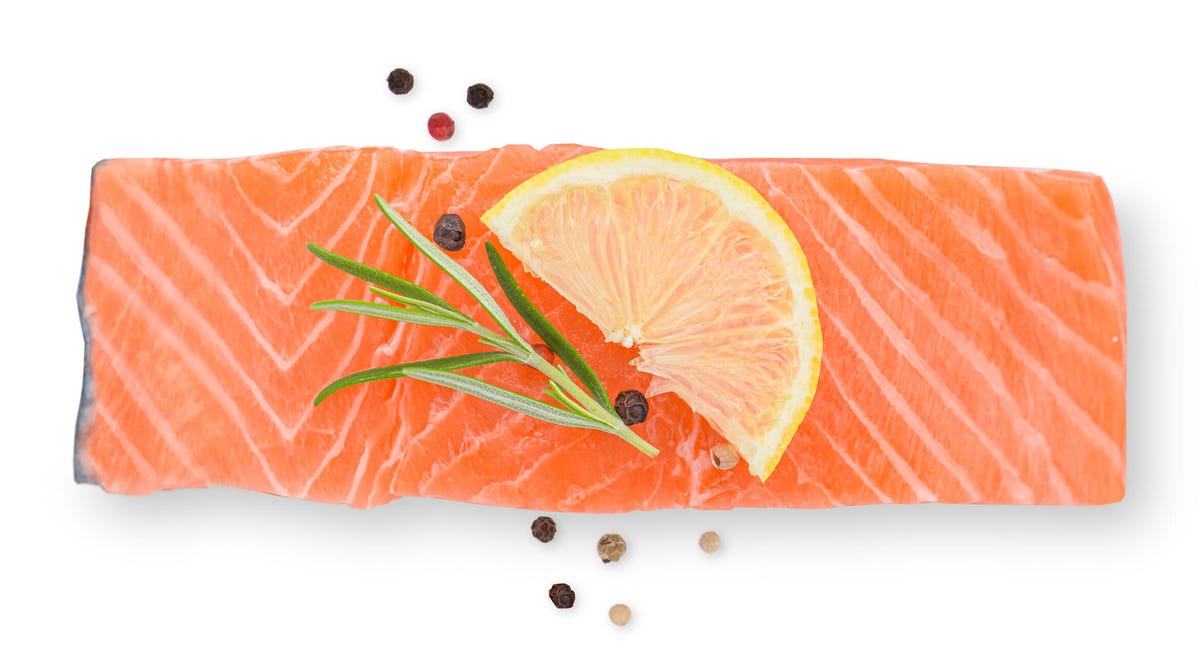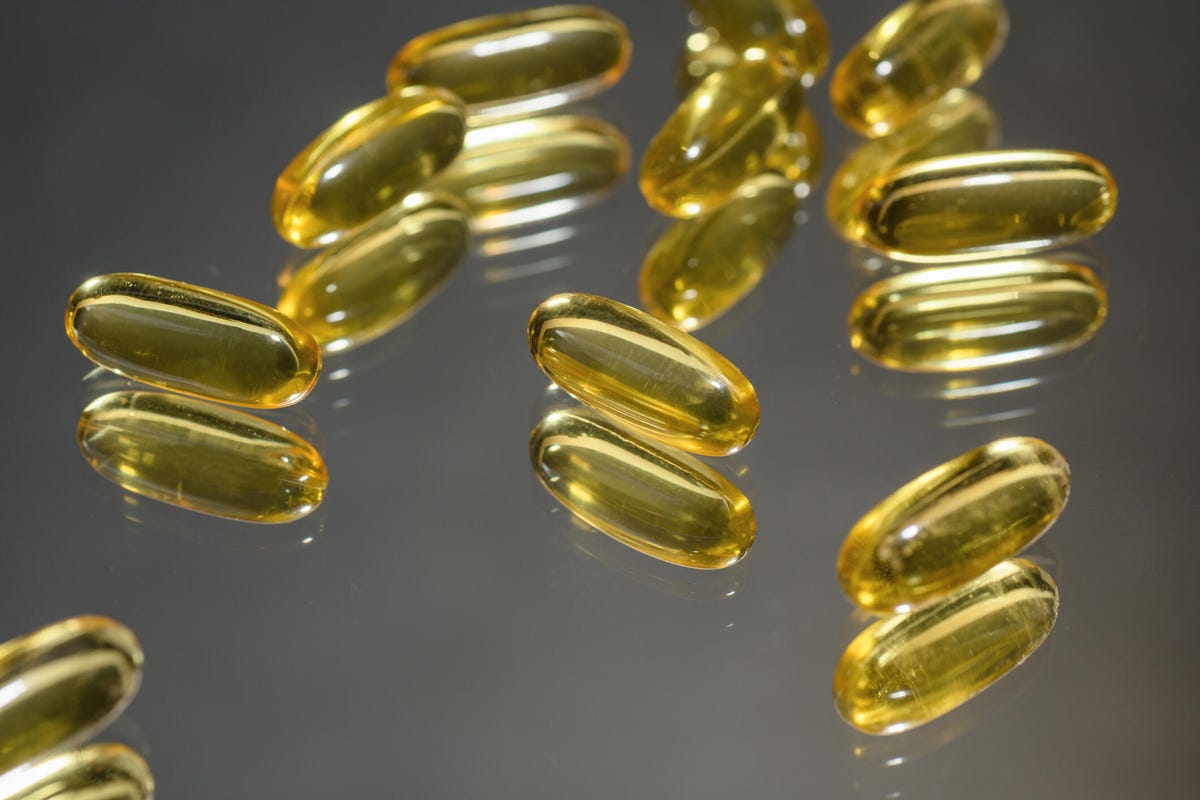Collagen has been touted as a “miracle worker.”Stronger bones, fewer wrinkles glowing skin, collagen seems to be the answer to aging. But despite all the hype, can increasing collagen really accomplish these things?
As it turns out, the answer is yes. Some studies have shown that adding collagen-rich foods or supplement Incorporating it into your diet has many benefits and can really help improve the health of your skin, joints, hair, and bones.
However, there are some things you should know about collagen before incorporating it into your daily health routine.
Below, we’ll tell you more about collagen, including what it is, where you can get it, and how it can benefit you, as well as any drawbacks you should be aware of.Additionally, be sure to check out The best food source for all the vitamins and minerals you need and 10 tips for preparing healthy meals on a budget.
What is collagen?

Before we discuss its benefits, what is collagen? So, collagen is the most abundant protein in the human body, accounting for one-third of all proteins. It acts as a connecting component that connects muscles, tendons, ligaments, bones, and skin.
There are nearly 30 known types of collagen, but type I is the most common (present in all connective tissue and makes up 90% of all collagen in the body). Types II, III, and IV are also common and can be found in various parts of the body, including the joints, kidneys, ears, and blood vessels.
All of this brings us to another pertinent question: What is collagen good for? Your body combines multiple amino acids (such as proline and glycine) with zinc, vitamin C, and copper. This naturally produces collagen. However, as we age, production slows down and the collagen present in our bodies begins to break down at a faster rate.
When this happens, you may notice your skin becoming more wrinkled, your tendons and ligaments becoming less flexible, and your muscles shrinking. To prevent or slow these effects, some people take collagen (via food or supplements) to replace what the body has lost.
add collagen to your diet

If you want to boost collagen production, you need to make sure your diet includes foods that contain the following essential ingredients:
- bone broth
- seafood
- chicken
- pork skin
- egg
- beans
- citrus
- green pepper
- nuts
Eating a balanced combination of these foods is the best way to boost your collagen levels. However, if you don’t get enough collagen through diet alone, you may want to consider taking supplements (usually in powder or capsule form).
For best results, experts collagen supplements However, be sure to check the label and consult your doctor before starting any new health routine.
Benefits of collagen
Now that we’ve covered the basics, let’s explore some of the benefits of collagen.
build stronger bones
Bone is rich in collagen, but as we age, the protein begins to deteriorate. This can reduce bone strength and density. However, incorporating collagen supplements into your diet may help prevent some bone loss and reduce your risk of bone-related problems such as osteoporosis and bone fractures.
reduces joint pain
Collagen works with cartilage to keep joints functioning properly. Over the years, wear and tear can cause your joints to become stiff and painful, increasing your risk of osteoarthritis. The good news is that taking collagen has been found to reduce joint pain in physically active people. It may also act as a pain reliever for people with existing joint problems.
skin improvement
The skin also contains collagen, which gives elasticity and moisture to the skin when young. However, as we mature, collagen levels decrease, causing our skin to sag and become wrinkled. Interestingly, studies have shown that adding more collagen to your diet can improve skin firmness and hydration, visibly reducing the effects of aging.
promotes healthy hair
Collagen is produced from some of the same amino acids that are used to build keratin, the protein that makes up hair. Because of this relationship, there is some evidence that consuming more collagen may benefit hair health by promoting growth, reducing hair thinning, and delaying graying.
adds muscle mass
Muscle tissue is made up of 10% collagen. When collagen in your body begins to break down, you may lose muscle mass and develop a condition called sarcopenia (age-related muscle loss). Fortunately, research shows that collagen supplements, along with increased protein intake and daily strength exercise, may help increase back muscle strength in sarcopenic patients.
Disadvantages of collagen supplements
Despite these benefits, collagen supplements also have some drawbacks that you should keep in mind before incorporating them into your daily life.
Contains animal products (and in some cases allergens)
Traditional collagen supplements, and all nutritional supplements in general, are made from animal products and are not suitable if you follow a plant-based diet. There are several vegan collagen options on the market, but it’s unclear how they compare to those made from animal foods. Similarly, if you have food allergies, read the label of your collagen supplement carefully. In some cases, common allergens such as fish and eggs may be included.
Regulations are a gray area
Collagen supplements are regulated as foods (not drugs) by the U.S. Food and Drug Administration, and their ingredients and production are not monitored by any official regulatory agency. These products are not subject to the same regulations or rigorous approval processes as pharmaceuticals, so it can be difficult to know the quality, purity, and safety of their ingredients.
Research on effectiveness is limited
Although research has been done on the effectiveness of collagen (many of which I cited above), more research is needed. Also, some of the existing research was funded by companies that make collagen supplements, which could raise ethical questions about bias.
Supplements similar to collagen

Collagen’s amino acid composition is different from other proteins, making it difficult to find other supplements that replicate the effects of collagen. However, you can also increase your intake of glycine and proline, which are important amino acids involved in collagen production. These are most abundant in protein-rich foods such as meat and poultry, but are also available in supplement form.
If you’re most interested in how collagen can help improve your hair, nails, and skin, consider keratin or biotin. These typically come in the form of shampoos and salon treatments, but are also sold as dietary supplements. Biotin is also found in certain foods such as legumes, egg yolks, nuts, and avocados.
For more advice on supplements, Here are 5 fitness supplements with proven benefits. plus, Check out these 3 alternatives to melatonin For quality sleep without drowsiness the next day.

